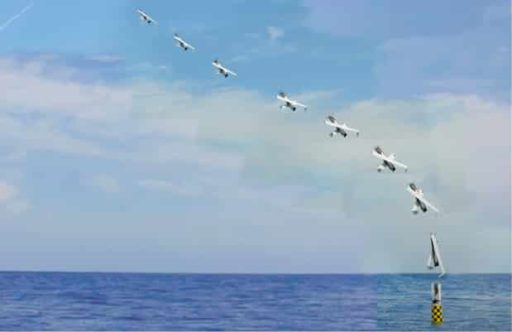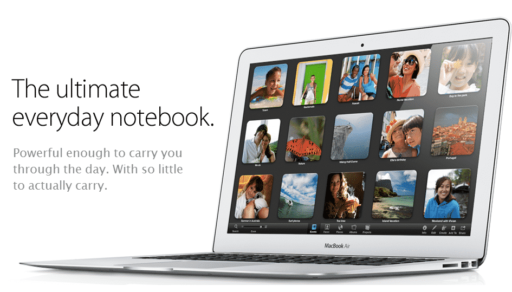The Max Quadra is a good buy if you want RAID, but if you don’t there are cheaper alternatives available.
The LaCie Hard Disk Max Quadra has two disks, instead of one like most other external disks. Its RAID support means that the two 1TB disks can be used as a single 2TB volume, but if one of the disks suffers a hardware failure then all your data will be lost.
Alternatively, the two disks can be configured as RAID 1 giving just 1TB of storage, but if a disk fails then your data is still preserved on the other disk. Choosing a RAID level is as simple as flipping the rear-mounted switch. It’s slightly recessed to prevent accidental switching, so you’ll have to use a flathead screwdriver to flip it. Naturally, only do this when there’s no data on the disks.
Opening the Max to replace a failed disk is very easy. Using a flathead screwdriver, the case simply flips open giving easy access to the two disks which are held in place by a couple of screws. Unfortunately, opening the case would void the two year warranty. This probably won’t bother most people who will be happy to send the entire unit back to LaCie for servicing during the warranty period, but won’t suit people who want to get back up and running as quickly as possible.
The ‘Quadra’ part of the Max’s name refers to the fact that it can connect to your computer using one of four different interfaces – USB 2, FireWire 400, FireWire 800 or eSATA. The Max doesn’t actually have a FireWire 400 port – to use this interface you’ll have to use a FireWire 800-to-400 adapter cable. There are two FireWire 800 ports so the Max can be daisy-chained with other FireWire 800 peripherals.
When connected using eSATA, either as RAID 0 or 1, the Max was one of the fastest eSATA disks we’ve seen, excelling in all our file transfer tests. It was also very fast when connected using the other three interfaces, but with one consistent exception. Whether configured as RAID 0 or 1, the Max was a bit slower than we expected when writing small files. It’s by no means unusuably slow, but is a little disappointing nonetheless.
RAID is a useful feature to have in an external hard disk, but here you’re paying for the privilege. At £180 or 9p per gigabyte, the Max is expensive for a 2TB disk. If you can afford it, it’s a good buy but since RAID isn’t a complete replacement for backing up, a cheaper non-RAID disk is better value for most people.





Pingback: Tweets that mention LaCie Hard Disk Max Quadra 2TB review | TheTechJournal.com -- Topsy.com
Pingback: LaCie Hard Disk Max Quadra 2TB review | TheTechJournal.com | nenepcsupport
An external hard drive is great for on-site backups, but hard drives and DVDs are subject to the same vulnerabilities, They’re easy to store offsite and pretty cheap to purchase. But you may misplace them, or scratch them